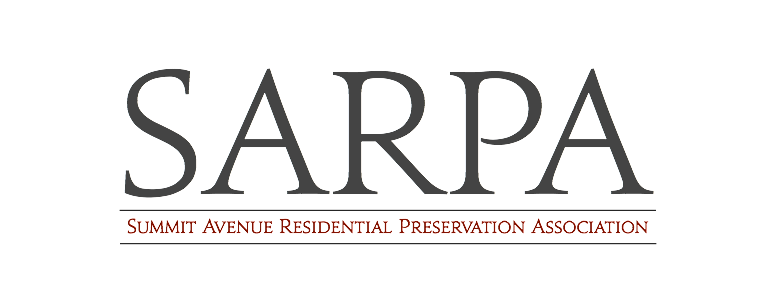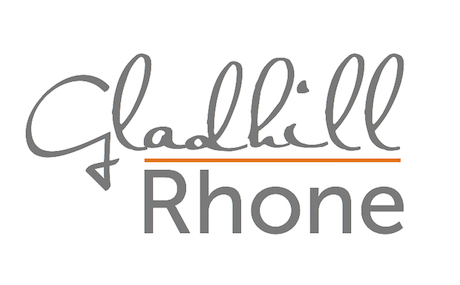My Grandmother was a piano teacher. She was also a world renowned concert pianist. She was awarded her Ph.D. in Piano Performance from the University of Iowa. She was also a freedom fighter, quite active in the civil rights movement in the south. She was also the author of three books about the life of a blind pianist named Blind Tom Wiggins. She was on the Board of Trusties at Dillard University for many years. She was a college professor at the University of Minnesota for about thirty years and Chair of her department for ten of those.
My Grandmother passed away many years ago. If you asked one of her former students who she was, they would likely say, “Dr. Southall was one of my college professors.” If you asked someone who read her books they would reply, “She was the author of the Blind Tom books.” And, if you asked one her friends from college they’d say, “Oh, the girl who played piano? She was pretty good!”
When people ask me what I do for a living, I tell them I’m a Writer and a Technology Consultant. I find it interesting that most of them then follow up with questions about either one of those things, but almost never both. If they latch on to the “Writer” they will ask what I write and I’ll direct them to my site and tell them about my books. If they latch on to the Technology Consulting part, they usually want to know if I can help them in some way with their Mac or their PC or their Website. I give them a card and let them know I can help. My bet is that if someone were to ask them only minutes after we speak what I do, they would likely only tell you the one thing that mattered to them.
This goes not only for the things you do but also for who you are. People will remember what mattered. Do you want to be remembered as the guy who screamed and yelled and flipped other drivers off from behind the wheel? Do you want to be remembered as the person who never had a nice thing to say? Do you want to be remembered by your children as a harsh, strict, and unforgiving parent? Of course no sane person would want any of these things — we all have had our bad moments and made our mistakes. Yet, if we do such things often we risk being remembered for them.
We are all many things. We all do many things. We will do many more things throughout our lives. Yet, when we are gone, most will primarily remember only one of them. They will pick from the lot and remember you as that. What they pick will, in their mind at least, be all that you are. Therefore, it is our job to ask ourselves with all the things we allow ourselves to do, with each and every one, “Is this something I want to be remembered for?”
This is why it is important to make “No” your default response to most things. Those things that seem like great ideas should get a “maybe” until they earn a solid answer one way or the other. But “yes” should only be given to those things that, if you were gone tomorrow, you wouldn’t mind being remembered for.
Note: This came out of a conversation I recently had with my friend Jeff Sandquist. You can read his take on it here: What Do You Do?
I’m a writer. Writing is how I make this world better, friendlier, stronger place. If these words improved your day, please let me know by contributing here.



